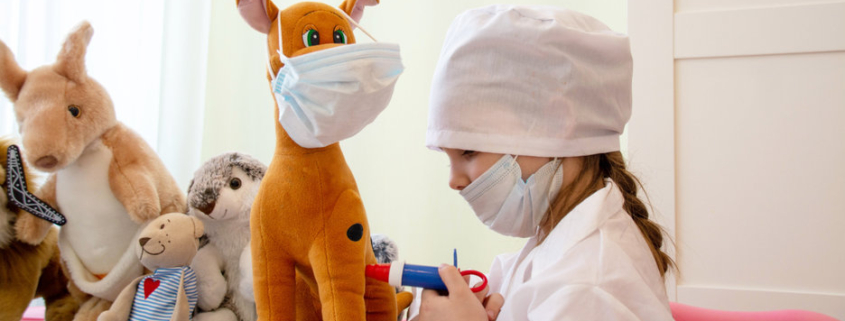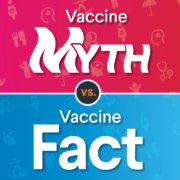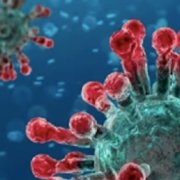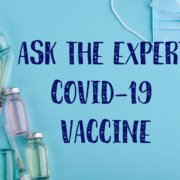Be in the Know: Childhood Vaccines
By Amit Jain, MD FAAP MBA | Pediatrician
We’ve all heard about immunizations; the good, the new, the questions, and even the confusion. Misleading information about childhood vaccines often causes fear or uncertainty in parents who only want the best for their kids. It’s important to remember the significant benefits that have come from childhood vaccinations. In fact, humans have benefitted immeasurably from immunizations for over 200 years!
To give you a little more peace of mind the next time your child is due for routine immunizations, let’s address some of the most common questions parents have about vaccines.
What are Vaccines?
When various viruses, or other germs enter our body, our immune system sees parts of the germs as foreign matter (called antigens) and determines that they don’t belong. Then, our immune system creates a defense against the germs – called antibodies – to attack the viruses. Most vaccines work in the same way, with weakened or dead pieces of the virus (so it is impossible to get the virus from the vaccine) prompting the body’s immune system to create the antibody defense without actually getting the virus – many of which can cause lifelong problems or even death. Vaccines help your body fight the real thing without risking your health to develop the antibodies.
Why Get Vaccinated?
The reason is simple – vaccines save lives! According to a study in the Journal of the American Medical Association, there was a 99% decline in deaths from diseases targeted by vaccines before 1980 and a decline of 80% or more for diseases with vaccinates developed after 1980.
Childhood vaccines protect against 16 known viruses and bacteria. Before vaccines, these germs caused severe illness, challenges, whole-body paralysis, and even death. I have personally seen some terrible cases of many of these, such as meningitis, as well as their complications with children being paralyzed, requiring lifelong hearing aids, or needing feeding tubes for infections caused by HiB (Haemophilus Influenzae Type B), which is now prevented by a vaccine.
Schools also require children to receive at least some immunizations before starting school, and throughout school years.
Are Vaccines Safe? What About Side Effects?
Vaccines are generally very safe. They are backed by the American Academy of Pediatrics, American Academy of Family Practice, and the United States Centers for Disease Control and Prevention (CDC). For more information, check out this overview of how vaccines are tested for safety.
It is normal for kids (and adults) to have some mild and temporary symptoms like a mild fever, or soreness at the site of the immunization. Serious allergic reactions, like anaphylaxis, are extremely rare. As a provider, in weighing the risks and benefits of giving vaccines, as I do for any treatment or prevention, the benefits far outweigh any risks.
When Should I Get My Child Immunized?
Childhood vaccines should start right after birth with the Hepatitis B vaccination! Going forward, there is a specific schedule of when certain immunizations should be given. Pediatricians and Family Practitioners follow the the CDC Immunization Schedules for Infants, Children, and Adolescents.
If you have additional questions about vaccines or keeping your child’s immunizations up-to-date, talk with a NOAH provider.








